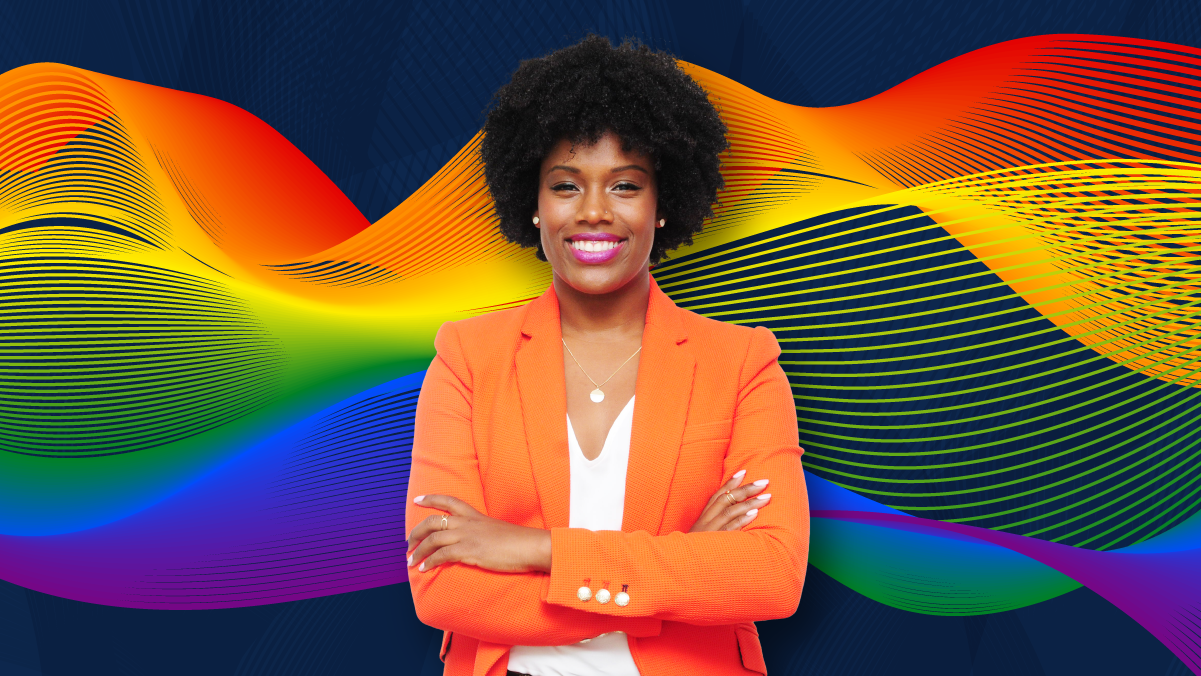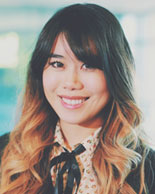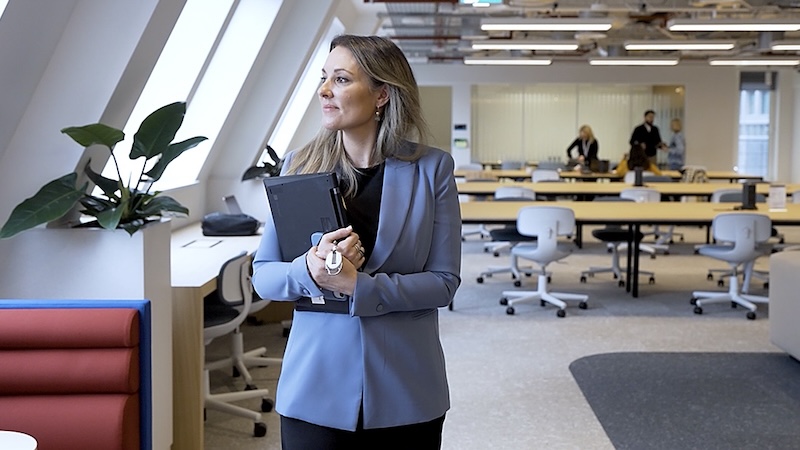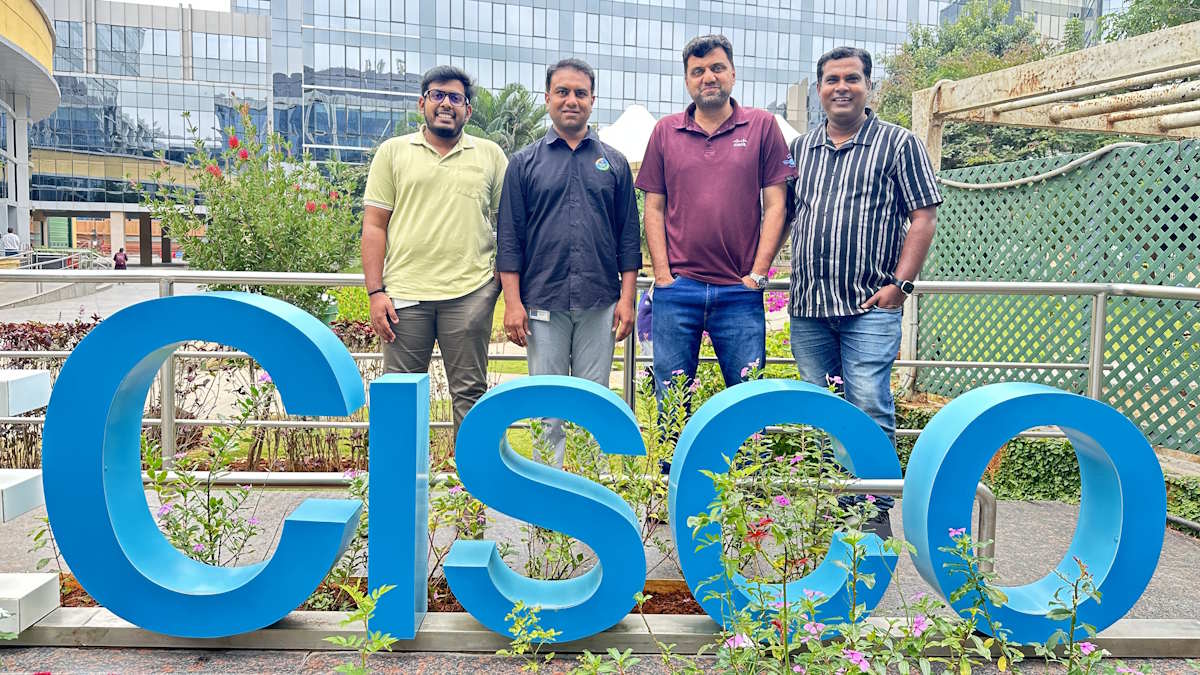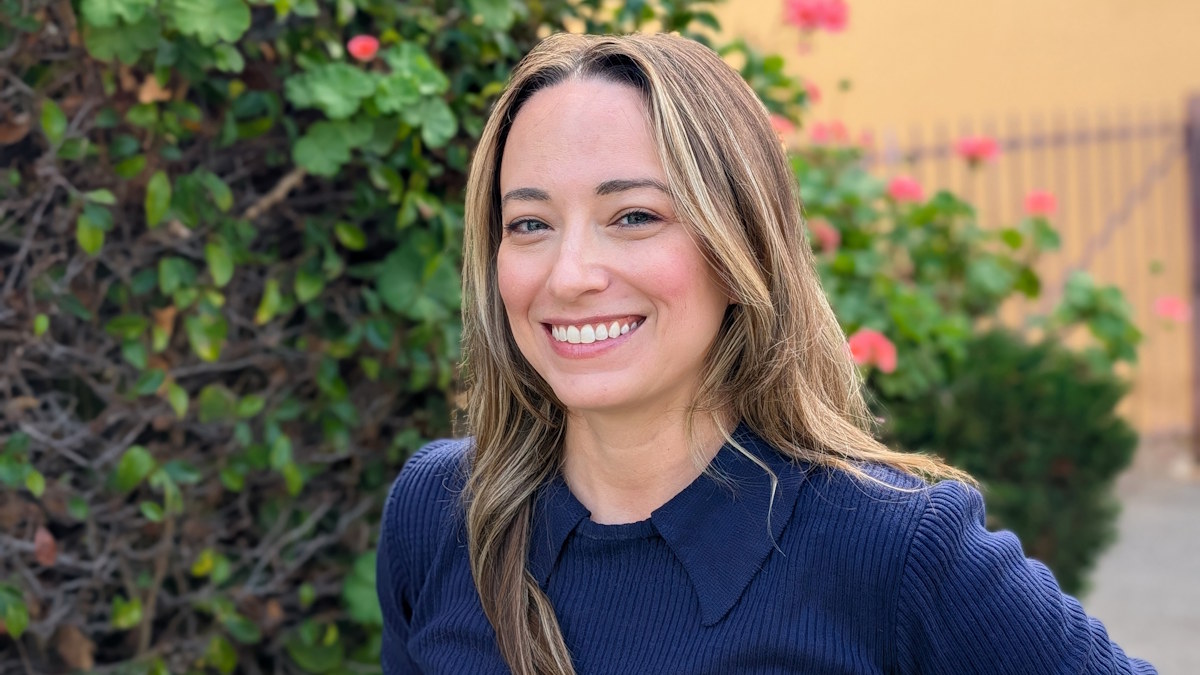This Pride Month, we meet the Strategy Director of Cisco’s People, Policy and Purpose organization Nikita T. Mitchell to chat about her intersectional identity as a Black, queer woman, and how this impacts her career at Cisco. As she works on shaping an inclusive future for others at the company, Mitchell shares how finding authenticity and developing self-compassion are some of the keys to work-life success.
Nikita, can you tell us about your career journey; how did you get to where you are today?
I went to Howard University for undergrad where I studied business, and then went into strategy consulting at Deloitte. It was there that I discovered I really love strategy. After spending some time in the nonprofit sector, I decided to go to get my MBA so that I could focus on how to drive change within corporate America.
I actually came to Cisco by accident—a mentor of mine who I had worked with at Deloitte hit me up one day and told me he was looking for a chief of staff for their consulting division. And I was like, well, why not? So, I took the risk and I jumped in. Afterwards, I ended up in Americas Sales, specifically within strategy and planning. Then two years ago, a friend of mine in the People and Communities group sent me the role that I have now. She told me that she had a feeling I was really going to like this role.
It’s been really cool because my current role is all about helping to shape Cisco’s Purpose strategy, and a lot of how I arrived there was because people knew how passionate I was about that type of work. At one point, I went back to my grad school application essays and literally, this role is what I said I wanted to do. So, it's pretty great that I get to do what I set out to.
Can you explain how Cisco shapes its Purpose strategy?
My work right now has been to help Fran Katsoudas (Cisco chief people, policy, and purpose officer) and her leadership shape what it means to embed purpose in the way we do business.
Cisco's purpose is to “Power an inclusive the future for all,” and we are evolving every aspect of how we operate in order to deliver on our purpose – from purpose-build products, services and solutions to governance and accountability to how we go to market.
I can be a pretty cynical about Corporate America so when I say this, I’m being honest – the cool thing about Cisco is that I believe we have a purpose-led culture. It's far from perfect, but we have so much of it in our DNA that the work I'm doing is not about starting anything from scratch. Our purpose work already sits across the entire company, with every function in the company involved. My work is about bringing pieces together in a meaningful way so that the impact can be greater.
What does it mean for you to be authentic at work?
Part of my ability to be authentic has come with my growth, development, and understanding of how I want to show up at work. I can say pretty confidently now that I'm the most authentic version of myself that I’ve ever been at work. And that shapes my experience—because by default it means that I do better work. I'm not bogged down by the heaviness, the burdens, and the baggage of just navigating a workplace that doesn't feel safe for me.
I feel like Cisco has been supportive to that authenticity; when I was with my previous partner of ten years, we benefited significantly from the inclusive benefits of the company. I didn't realize how vastly different that experience was until talking to peers at other companies with same-sex partners (both married and unmarried).
I also struggle with mental health, and I feel very safe being honest with my manager and certain colleagues that I work closely with about it. When I'm navigating challenging times, I have been supported unequivocally in every single scenario. Again, that contributes to me doing great work because I can be honest about when I can't be 100 percent. Then when I'm able to be present, I know I’m able to show up fully. There's this safety of, we've got each other’s back. That feels good. Things like that made me feel like Cisco is a place I can see myself for a while.
What are your thoughts on how to combat or work through challenges that folks within marginalized communities face?
For me, I have found it helpful to develop a greater sense of self and awareness. Early in my career, I was still figuring out who I was and exploring what authentically showing up looked like for me—everything from wearing my natural hair, to having a nose ring and wearing bright colors. As I developed mentors and built my reputation with my work, my authenticity and understanding of myself also grew.
Consistent therapy and career coaching have been important resources for me. I prioritize my mental health through weekly therapy, and it’s a privilege I don’t take for granted. I have also navigated major career transitions with a career coach, and it has always been a great investment in myself. I specifically work with a Black woman who established her career in Corporate America, so I’ve had somebody who understood my perspective.
At the end of the day, something I am always working on is understanding what I can and cannot control. For example, when I've been on toxic teams, I’ve used my network to help me get to a place where I felt like it was a better fit. I have also done due diligence on managers before interviewing and taking new roles. Those are the things that I know I can control, so those are the things I try to focus on.
One of the themes of the Pride Inclusive Community this month is how to show up. What does it mean for you to show up?
I have come to understand that it’s okay to show up how you want to in different spaces. What that means for me is that there are spaces where I show up 100 percent authentically, because I feel safe. And there are spaces where, for example, I may never mention that I’m queer, or somebody might assume I’m a lesbian or heterosexual based on what they know about prior partnerships. They just know what they've perceived, and I may or may not correct them because showing up in that moment isn't about them knowing my bisexual identity.
How can we show up? What is your advice on how folks can be an ally for the most vulnerable members of our community?
This is said frequently, but it’s true — listening. As I personally think about how to be an ally, I'm always trying to remind myself to listen. Just hearing what people are saying about their experience before you assume or ask questions. Curiosity is great — ignorance is not. So, approaching learning from a curious space is always going to lead to a more productive conversation. In the same vein, it’s important to remember that there will be times when you are curious, but someone might not have the capacity to teach, so honoring boundaries is crucial as well.
I've been able to do a lot of the things I have because somebody decided to listen and to lift me up. Not in a patronizing way, but in a way that said, I love your voice and I think this is a space that will both benefit and love hearing from you.
What is your advice on living authentically?
I think that it’s no coincidence that living authentically outside of work has aligned with me finding what feels like the perfect role for me. Being able to be your most authentic self truly helps to create the opportunities that you're looking for, at work and outside of work. I completely recognize that it’s a privilege that not everyone will always have, but I do think for me that it's not a coincidence.
###
